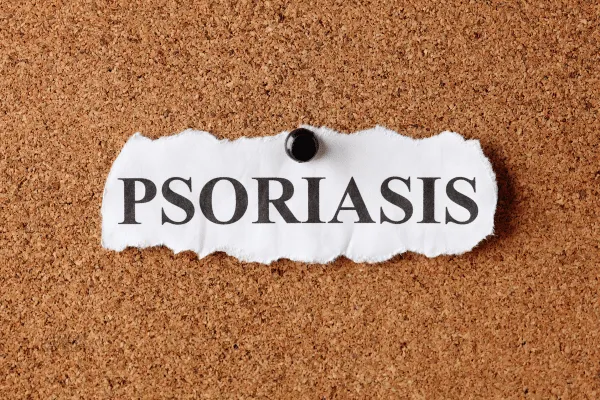Support and Learning Resources for Young Arthritis Patients
Close to 300,000 young individuals in the U.S. are affected by juvenile idiopathic arthritis (JIA) and related pediatric rheumatic conditions. These autoimmune disorders can impact joints, skin, eyes, and even internal organs. While receiving such a diagnosis might feel overwhelming, it's comforting to know that there are effective treatments to help manage the condition.
Juvenile arthritis encompasses a range of rheumatic conditions that affect children 16 years and younger. It's important to note that these aren't simply adult diseases appearing in kids; they have unique characteristics and require different treatment approaches. Among these conditions, juvenile idiopathic arthritis (formerly known as juvenile rheumatoid arthritis) is the most prevalent. Other examples include juvenile psoriatic arthritis, pediatric lupus, and several more.

Psoriasis and Joint Pain: New Insights on Psoriatic Arthritis from Groundbreaking Study
Learn about a major international study led by Oxford University and University College Dublin that tracks nearly 3,000 patients to understand who might develop Psoriatic Arthritis (PSA). This cutting-edge research is part of the HIPPOCRATES project, which aims to predict and prevent arthritis through early detection and lifestyle interventions like exercise and stress management.
Over the next three years, researchers will gather data from over 25,000 psoriasis patients across 12 European countries, using innovative methods such as online questionnaires and home-based blood tests. The goal? To change how we approach arthritis prevention, improve quality of life, and make life with psoriasis more manageable.
Have a question?
We're Here to Help
By providing my phone number, I agree to receive text messages from the business.


